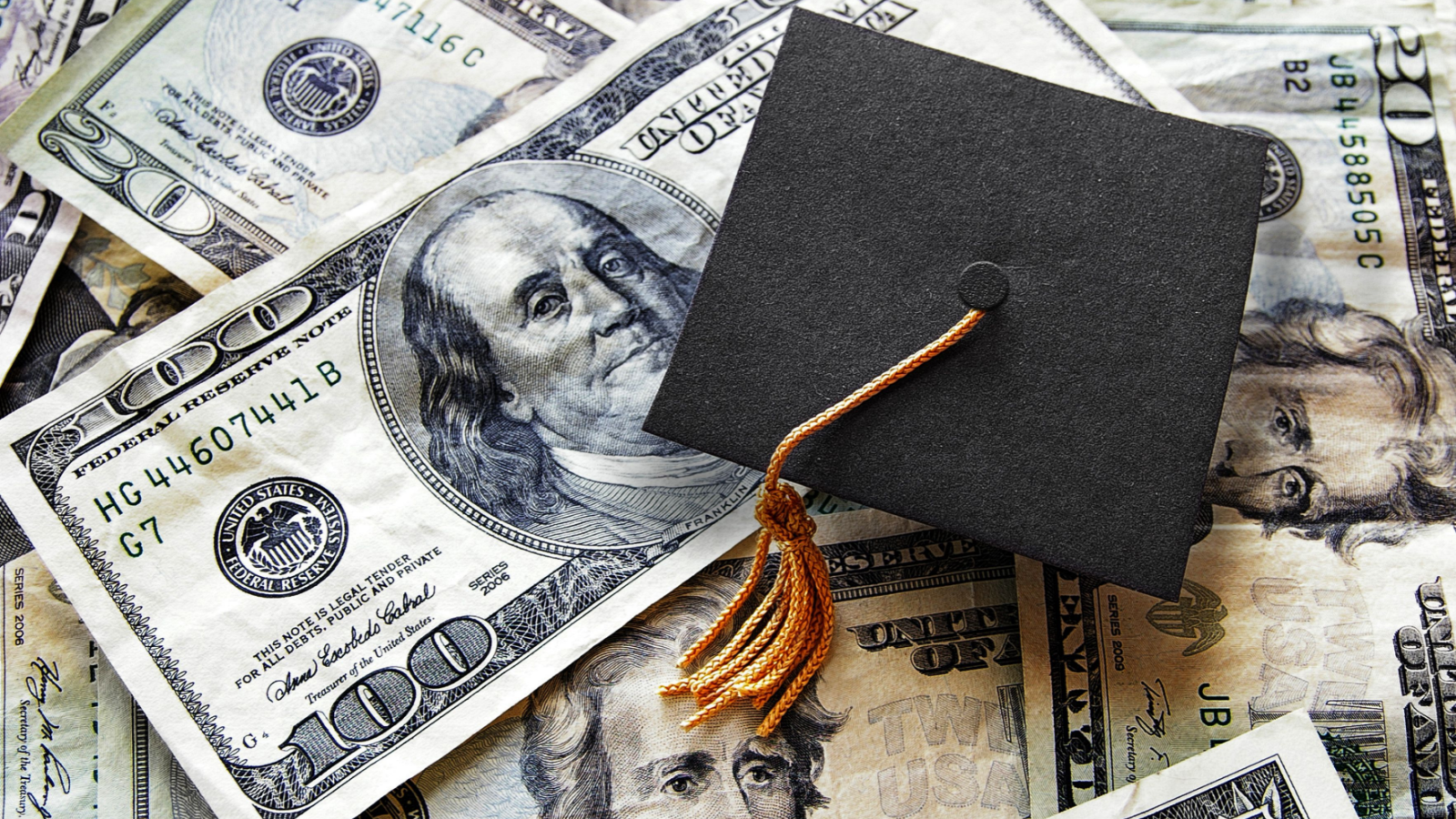FRANKFURT (Reuters) -German brakes maker Knorr Bremse as well as French auto suppliers Plastic Omnium and Faurecia have expressed interest in buying German automotive lighting group Hella, people familiar with the matter said.
Knorr Bremse said in a statement on Tuesday that it was interested in buying a 60% stake in Hella, adding that consultations were at an early stage and it was not certain that a transaction would ensue.
Under German regulations, the buyer of the controlling stake would have to make an offer to buy out the remaining 40% of shares in the company, which currently has a market capitalisation of 6.3 billion euros ($7.5 billion).
Hella and Rothschild declined to comment, while Plastic Omnium and Faurecia were not immediately available for comment.
Hella shares rose 5%, while Knorr Bremse shares lost 9%.
The families that control Hella earlier this year hired Rothschild to advise it on its options for its stake after private equity group Bain tabled an offer for the company, people familiar with the matter have said.
Hella’s owners have not yet short-listed any potential buyers or set up a specific time table for the sales process, they added.
Knorr, a maker of braking systems used in trains and commercial vehicles, is interested in Hella’s sensors business, a key component for autonomous driving. Knorr-Bremse currently sources the technology from Continental but could expand its offering with Hella’s technology.
Plastic Omnium, a supplier of auto exterior parts made of plastics already has a joint venture with Hella on automotive lighting and has in the past considered a merger with Hella, the sources said.
Faurecia, formerly a part of French carmaker Peugeot, makes car seats, dashboards and fuel systems for automakers and in 2018 struck a partnership with Hella on interior lighting solutions.
Industry experts expect the market for LED car lights to double by 2030, while the sensors business is expected to spike as cars add autonomous driving features.
Hella saw its 9-month earnings to March increase by 10% to 373 million euros on steady sales, despite the coronavirus pandemic.
($1 = 0.8413 euros)
Additional reporting by Alexander Hubner, Gilles Guillaume and Douglas Busvine; Editing by Emelia Sithole-Matarise





